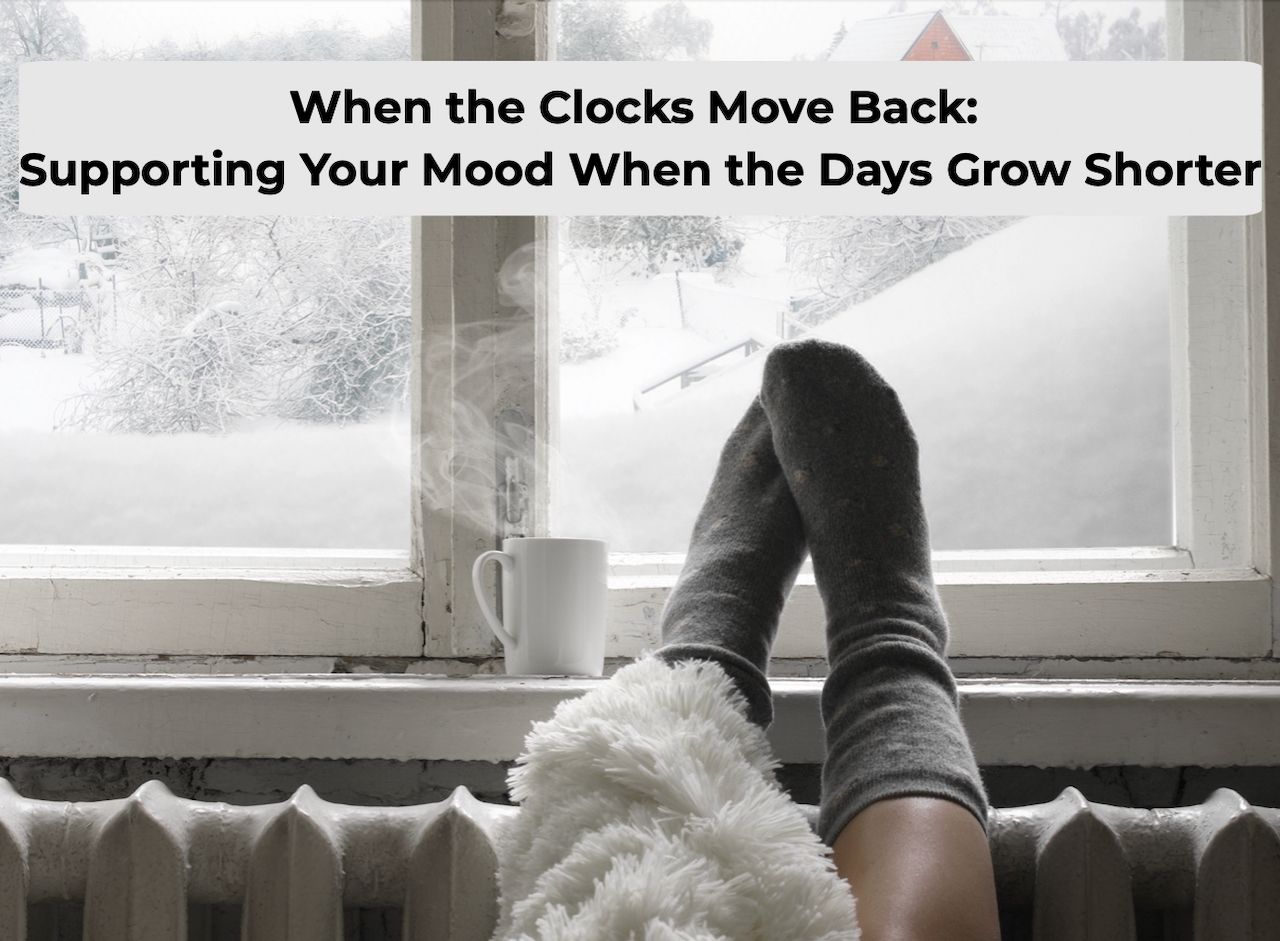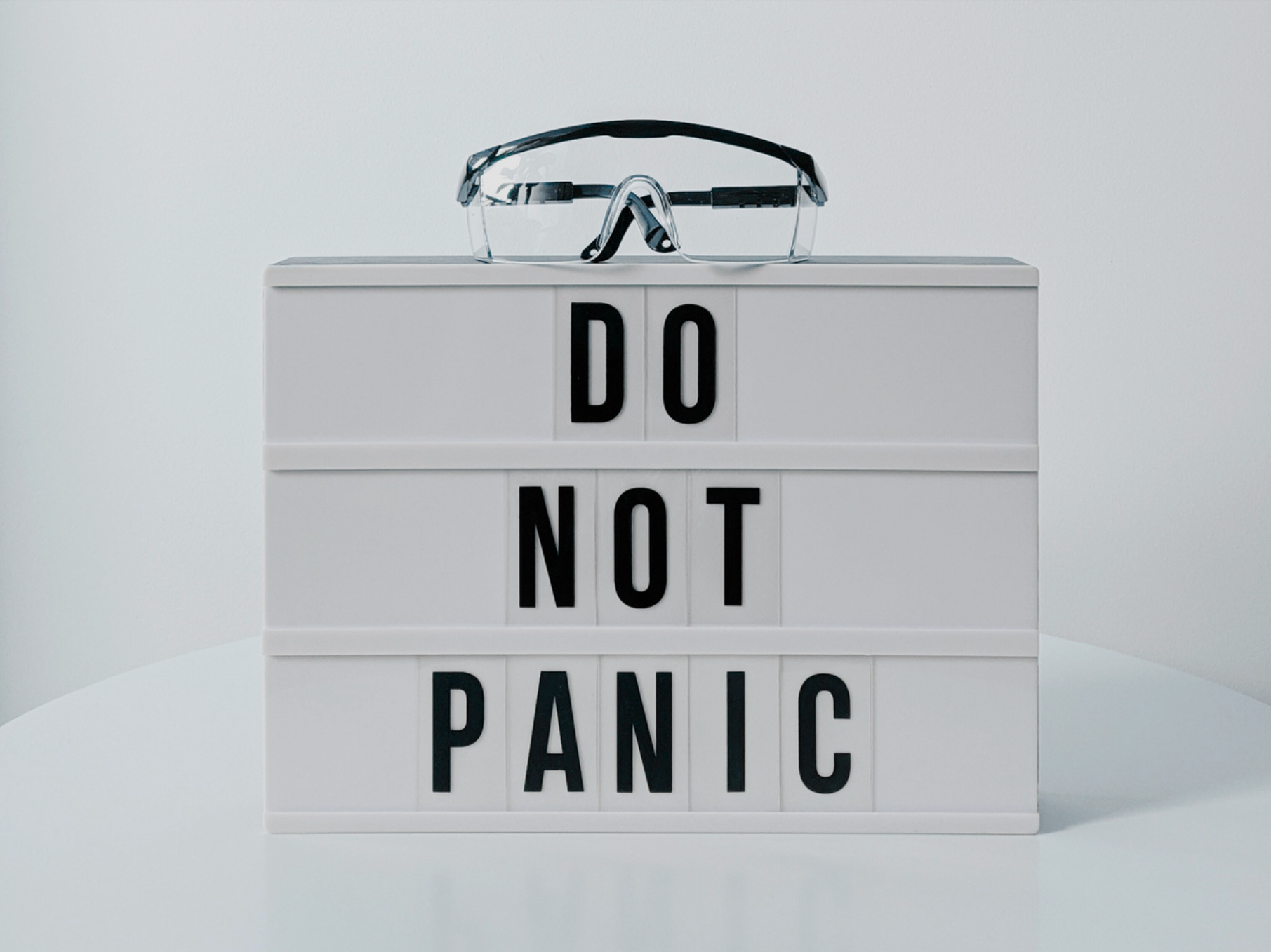The Subtle Side of Manipulation & How to Spot It
Manipulation doesn’t always look like a villain twirling their mustache. In fact, it often comes wrapped in charm, excuses, or even vulnerability. It shows up in moments that feel confusing, when someone’s actions don’t match their words, or when you find yourself doubting your own instincts—even though something feels off.
For people who are emotionally attuned, reflective, and kind, this kind of manipulation can be especially hard to spot. You want to be fair. You assume the best. You give the benefit of the doubt. But over time, you start to notice: you’re always the one adjusting. Or explaining. Or carrying the weight of the dynamic.
This post is about recognizing that quiet, murky space—where manipulation hides in plain sight—and learning to trust yourself when something doesn’t feel right.
What Manipulation Can Look Like (Even When It’s Subtle)
Manipulation isn’t always explosive or dramatic. Sometimes it shows up as slow erosion. Here are a few common ways it can play out:
- Stalling tactics: Promising to change or do something, but needing “just a little more time”—again. Or conveniently running out the clock on a conversation you’re trying to have. This creates the illusion of progress while avoiding accountability.
- Doing and undoing: Someone apologizes or makes a kind gesture... right after a hurtful one. They clean up what they just knocked over—emotionally or otherwise—just enough to make you question whether you’re overreacting.
- Shifting expectations: Plans change at the last minute. What you agreed to suddenly isn’t what’s happening. They may call it spontaneous or flexible—but you’re the one left adjusting, again and again.
- Words that say one thing, actions that say another: They say they care about how you feel, but consistently interrupt, deflect, or dismiss your concerns. Or they say they want to understand, but always circle back to why it’s actually your fault.
- Making confusion feel like clarity: They sound convincing, but after talking with them, you feel more foggy than before. You replay the conversation trying to figure out if you misunderstood, even though your gut knows you didn’t.
Discernment Over Judgment
If any of this sounds familiar, take a breath. The goal here isn’t to shame yourself—it’s to get clear. Because once you see the pattern, you can make different choices.
That’s where discernment comes in.
Discernment is the ability to notice subtle patterns and hold both the facts and your feelings with compassion. It doesn’t rush to judgment or call everything manipulative—but it also doesn’t ignore when something feels off.
One helpful guideline?
- Once is a mistake.
- Twice is a coincidence.
- Three times is a pattern.
If you’re noticing the same type of behavior again and again, it’s not a fluke. And you’re not being “too sensitive.” You’re being asked—repeatedly—to override yourself.
Tune Into Your Signals
Before you can spot manipulation clearly, you often have to tune back into yourself. That means noticing your body, your emotions, and the little internal alarms that tend to go off when something’s not right.
Try asking:
- Do I feel like I have to explain myself constantly?
- Am I more anxious before or after interactions with this person?
- Have I been talking myself out of my own discomfort?
- Do I feel like things are always on their terms, not mine?
When we ignore these signals, we lose trust in ourselves. When we start to honor them, clear thinking returns.
Final Thoughts: You’re Not Overreacting—You’re Waking Up
People who manipulate often count on your empathy to keep the dynamic going. They count on your willingness to give the benefit of the doubt. But empathy without boundaries isn’t connection—it’s control disguised as care.
You’re allowed to ask hard questions. You’re allowed to take your time. You’re allowed to name what’s happening—even if the other person tries to make you feel crazy for noticing.
The more you practice discernment, the easier it becomes to step out of dynamics that drain you—and into relationships that feel mutual, steady, and real.
Want support with follow-through or getting unstuck?
Explore my
free resources or
connect and explore therapy and
coaching options. You don’t have to figure it out alone.
















